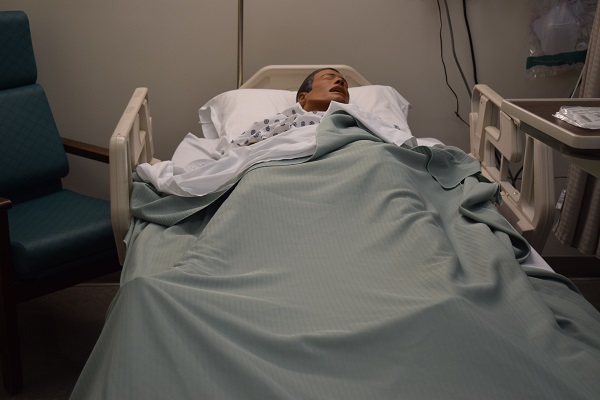PCPS Nursing faculty discuss why this is an important designation

Since the days of Florence Nightingale, health care is now delivered in a variety of settings. Dr. Mary Jane K. DiMattio, PhD, RN points out that “a lot of care is now being delivered outside of the hospital which is a very good thing. However, those who are left in hospitals are sicker and more vulnerable than ever. That’s one of the settings where we are having the most difficulty keeping well educated nurses. Part of that is because of the production model of the hospital setting is not conducive to the kind of care that we want to give and turnover occurs. We have to have more of a voice in the business aspects of health care that is delivered in the more traditional settings like hospitals.”
Dr. Marian Farrell, PhD, PMH-NP, BC, PMH-CNS, BC, CRNP, CS states “the big difference between Florence Nightingale and our nurses today is our education. I think we have to really invest in our education. It’s important that people in the community recognize that it is not just a nurse. It is The nurse”.
It is estimated that here will be a shortage of 9 million nurses in the world by 2030. Dr. Kim Subasic PhD, MS, RN, CNE confirms that “we’ve been in a shortage for a long time. However, it’s a matter of how severe the shortage is. With the aging population and aging nursing faculty, we won’t have the number of nursing faculty to educate the number of new nurses needed. “
In addition, it is important to note we are going into an era with increasing climate change. Dr. Margaret Zalon, PhD, RN, ACNS-BC, FAAN adds that “this will be very disruptive to populations and their health. This is another area where nurses can make a contribution to society and to populations around the world. I think we are going to see a lot of movement and therefore that is going to create a need for health services. We certainly see it in our own country with the number of disasters and the need for people to respond. When you look at the growth of health care, professions in nursing are growing, but there are very few years when we are not in a nursing shortage.”
This year has been dedicated to the tireless contribution of nurses and midwives to health care. The aim of the designation is to highlight the challenges nurses face and the urgent need for governments to increase investment in the profession as well as advance nurses’ vital position in transforming health care around the world.
Panuska College of Professional Studies
Undergraduate Admissions
Contact Us:
- Office of Undergraduate Admissions
- 800 Linden Street
- Scranton, PA 18510
- The University of Scranton
- Phone: 1-888-SCRANTON or 570-941-7540